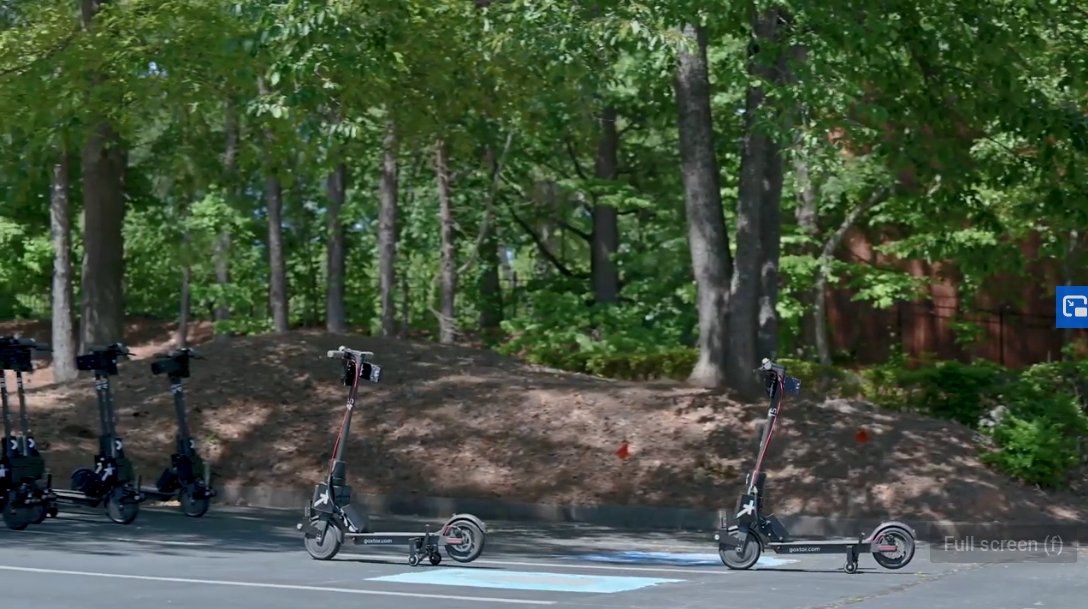A fleet of 100 remote-controlled scooters is being tested at the Curiosity Lab technology test site in Peachtree Corners, Georgia. It is the first test of its kind on public roads.
Citizens will be able to use the scooter through an application and the vehicle will automatically return to its base when the route is completed. Go X created the scooter and ride-hailing application, while Tortoise developed the remote repositioning system.
During the first tests, which will last six months, the scooters will use a geo-fence to ensure that they remain within the designated 500-acre Curiosity Lab technology park. The park employs 7.500 people and has more than 1.000 lives.
The 100 scooters will be operated remotely by humans, but current tests could pave the way for full autonomy.
Betsy Plattenburg, CEO of Curiosity Lab, told Cities Today:
"What we learned at Curiosity Lab is that there are many solutions micromobilities that can be autonomous, but what they need now is experience and data for artificial intelligence. One of the ways they will overcome this problem in the short term is to use tele-operation temporarily.”
The trials were originally scheduled for January, but were delayed due to the coronavirus epidemic.
Go X has now implemented measures security for COVID-19. Each vehicle is disinfected when it returns on its own, and a sticker proves that it is safe and sanitized for the next person who wants to use it. Every Go X Apollo employee is also required to undergo a daily health screening for COVID-19.
Curiosity Lab, sponsored by the City of Peachtree Corners, with free access 5G, infrastructure and intellectual property protection to provide a true testbed for any smart city technology.
Plattenburg reported:
"What I can tell you from other companies that have tried Curiosity Lab is that a lot of what they learn is not what they started learning. You learn from experience. ”
This article was originally published by Sarah Wray in Cities Today, a news platform for urban mobility and innovation.





